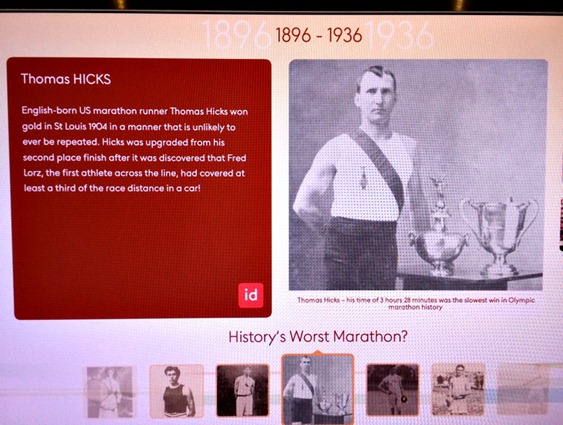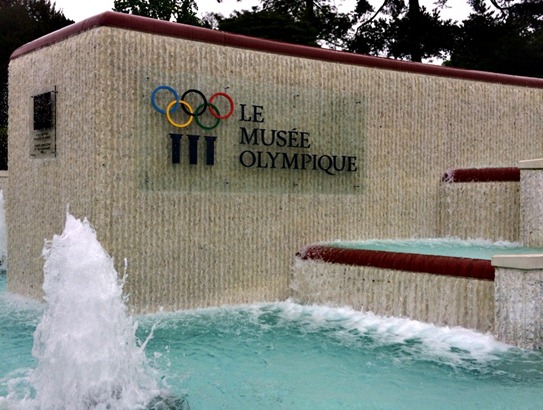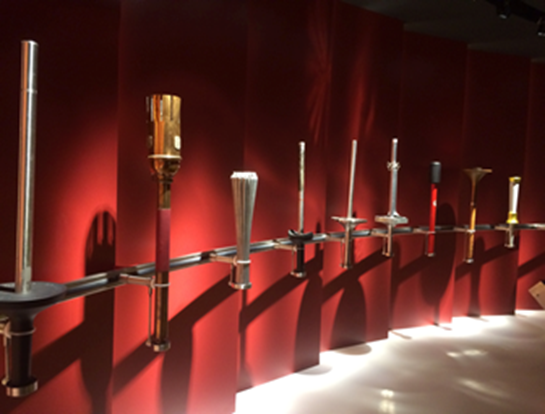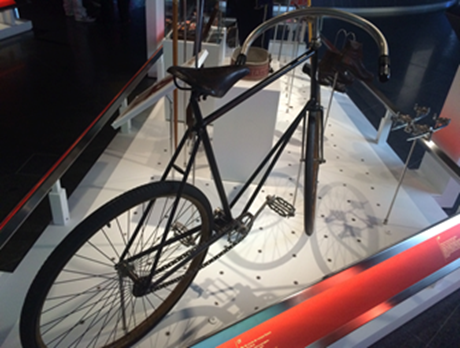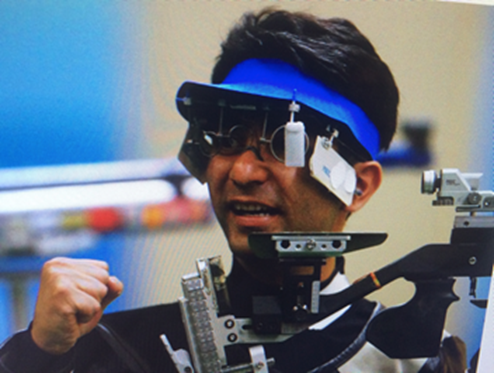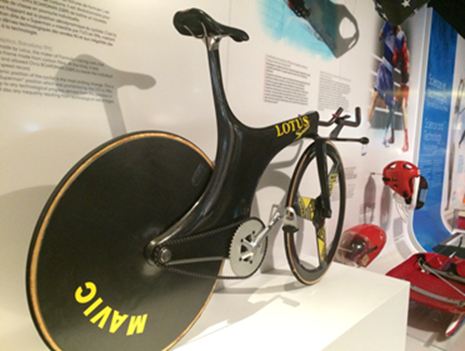Happy Thursday! The weekend is almost here. This week is all work and no fun, as I am trying to complete 12 looming items on my work To Do list before we fly to New York City. I hope you enjoy today’s post from Bo, which will take you down a bit of Olympic history as well as giving you another spot to add to your Travel board on Pinterest!
Yesterday, I learned that at the 1904 Summer Olympics, the 3rd Olympic games following the 1896 Athens games and the 1900 Paris Games, Thomas Hicks, the Gold medal winner of the marathon, ran a 3 hour and 28 minute marathon. However, to be fair, he came in second, though was given gold after it came to light that the winner traveled a third of the 26 miles in a car! These days, his 3:28 marathon time wouldn’t have even qualified for Boston!
Switzerland is well known as the land of fondue and chocolate as well as a country in which you can find world-class spas, skiing, and some of the most awe-inspiring views in the Alps.

Due in part to its historical neutrality, Switzerland is also home to a great many important global institutions. The United Nations, FIFA, (watch the John Oliver video if you haven’t seen it), The Red Cross, and the International Olympic Committee all call Switzerland home.
Though I love the Olympics, and have called Geneva home for almost two years, until yesterday I had not yet made it to The Olympic Museum. Located in Lausanne, only a 45-minute train ride from Geneva, the official museum of the Olympic Movement sits on a hill with amazing views of Lac Leman and the Alps beyond. I first learned about the Museum last winter in a New York Times article that the Olympic Museum had then just recently reopened after a two-year $60 million renovation. I finally made the short journey to Lausanne yesterday, and it was well worth it. I love the Olympics, so perhaps I’m a bit biased, but I would recommend this as a must-see for anyone spending some time in Western Switzerland.
The museum is relatively small, and it is easy to see everything in just over an hour though you could spend significantly longer if you watched all the videos. It is split into three levels, each with a different theme. The first, “Olympic World” begins with a history of the Olympics starting with its origins in ancient Greece and continuing with Pierre de Coubertin’s inspired vision and successful Olympic revival with the 1896 games in Athens. In “Olympic World” you also find the history of the Olympic symbols such as the motto “Citius, Altius, Fortius” (Latin for "Faster, Higher, Stronger"), the five rings (representing five interlocked continents) and the flame.
The Olympic flame relay torches have definitely shrunk over the years!
The next level is the “Olympic Games.” The exhibit is intentionally sparse and intended to celebrate the athletes of the games. As you enter, the right side celebrates the Winter Games, the left side celebrates the Summer Games and a small area in the back celebrate the Paralympics. Both the summer and winter sections are split into 3 – 4 small displays of memorabilia from a date range. These displays are surrounded by screens on which you can learn facts and watch highlights of the games from those years.
How would you like to compete in a major cycling race on this nice fixed gear model?
Who knew that modern rifle competitors needed such a complex optical apparatus?
The final level, called the “Olympic Spirit,” celebrates what it takes to be an Olympic athlete. Displays here range from life in the Olympic Village to the mental and physical preparation that the athletes undergo, to the evolution (and sometimes banning) of technology related to competition.
This bike design was banned after the 1992 Games in Barcelona.
It is on this level that you can also find replicas of all the medals dating back to the 1896 games in Athens made from the original molds.
Overall, this was an amazing experience. It is exactly the right level of depth to hold your interest for the entire time and will leave you inspired and looking forward to the next Olympics.
Your turn: What is your favorite Olympic memory?

